أيروجيني — مساعدك الذكي للطيران.
الرائج الآن
Categories
Emirates Confirms Order for Boeing 777X Aircraft
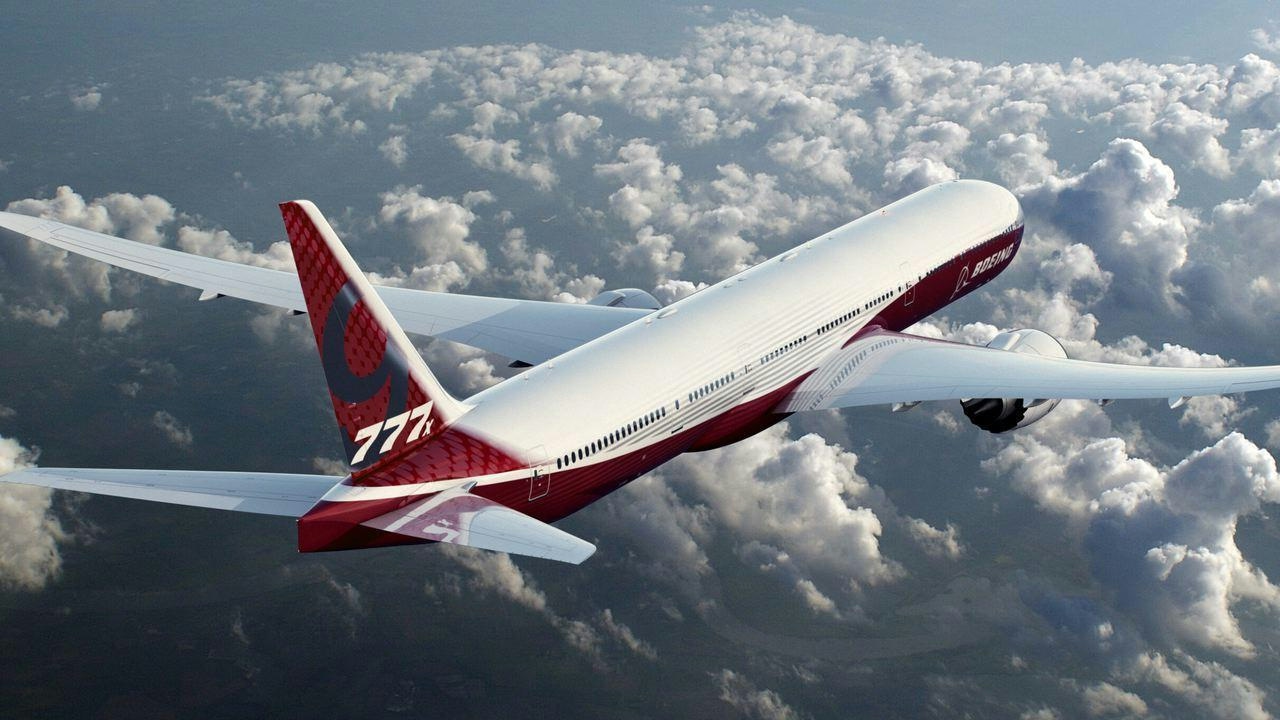
Emirates Reaffirms Commitment to Boeing 777X Aircraft
Emirates, one of the world’s foremost international airlines, has reaffirmed its commitment to the Boeing 777X program, reinforcing its leadership in long-haul aviation. Since its inception in 1985, Emirates has expanded rapidly from its Dubai hub, now serving destinations across nearly every continent with a fleet predominantly composed of widebody aircraft. The airline is the largest operator of the Airbus A380 and a significant user of the Boeing 777, both of which have been central to its global expansion.
Strategic Focus on Widebody Aircraft
Widebody aircraft have remained integral to Emirates’ growth strategy. In its early years, the airline expanded swiftly by wet-leasing Airbus and Boeing jets, quickly establishing routes across Asia, Europe, and the Middle East. By the late 1980s, Emirates had acquired its own aircraft and secured critical slots at major airports, including London Heathrow. The 1990s and 2000s saw further fleet development with the introduction of the Boeing 777 and a landmark commitment to the Airbus A380, solidifying Emirates’ reputation for operating some of the world’s largest and most advanced aircraft.
Currently, Emirates operates a fleet comprising 118 Airbus A380s, ten Boeing 777-200LRs, 119 Boeing 777-300ERs, and eight Airbus A350s. Its order book remains substantial, including 57 additional A350s, 30 Boeing 787 Dreamliners, and more than 200 Boeing 777X aircraft. The 777X is expected to become the cornerstone of Emirates’ future fleet, gradually replacing older 777s and A380s while assuming many of their long-haul routes.
Challenges and Industry Context
The 777X program has encountered significant challenges, notably delivery delays that have impacted Emirates as well as other major carriers such as Cathay Pacific, which recently placed its own 777X order despite similar setbacks. These delays have drawn close scrutiny within the aviation industry, even as Boeing’s commercial aviation division shows signs of recovery. In July, Boeing reported strong delivery figures for its 737 MAX and 787 programs, indicating renewed momentum in its production lines.
In parallel, Boeing has commenced production of the 777-8 Freighter, reinforcing its position in the global air cargo market and providing airlines with additional flexibility as they modernize their fleets. Competitors are closely monitoring how Emirates and other carriers manage the evolving landscape of widebody aircraft deliveries and operational planning.
Despite these uncertainties, Emirates’ substantial order for the 777X underscores its confidence in the aircraft’s ability to support its ambitious growth objectives. As the airline prepares to retire older jets, the 777X is poised to play a pivotal role in sustaining Emirates’ extensive global network and high-capacity operations.
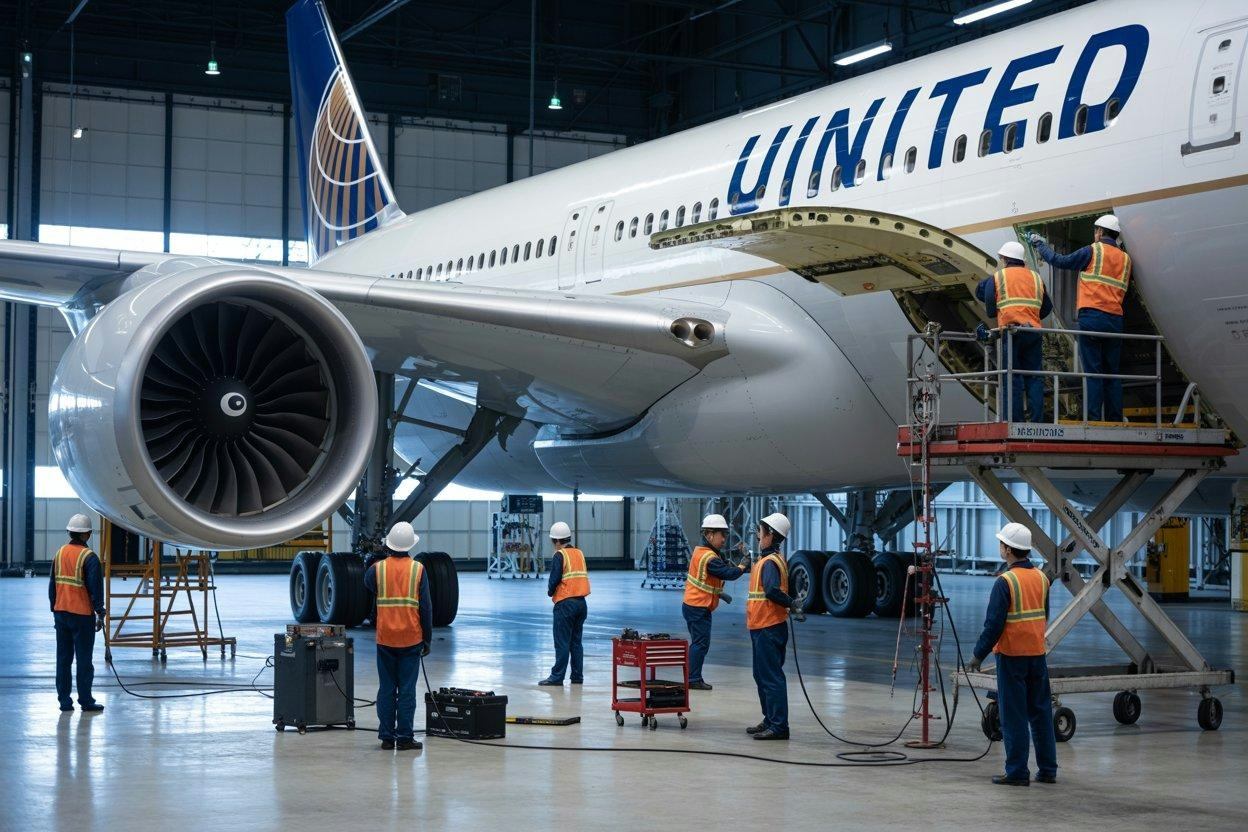
US Audit Identifies FAA Oversight Gaps at United Maintenance

The Impact of Agentic AI on Airport Operations
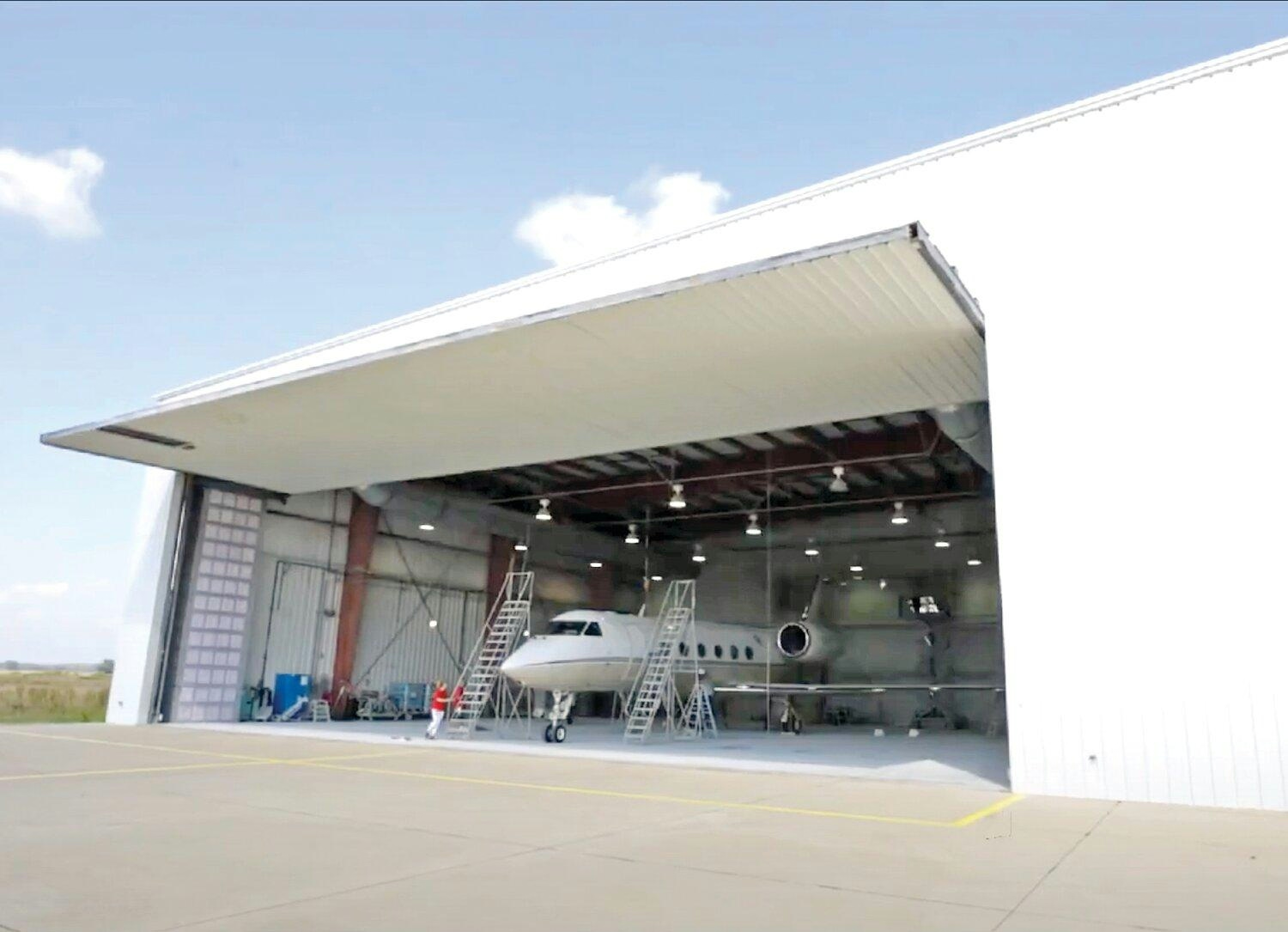
West Star Aviation Announces Expansion in Chattanooga

Aviation Design Software Market Projected to Reach $2.8 Billion
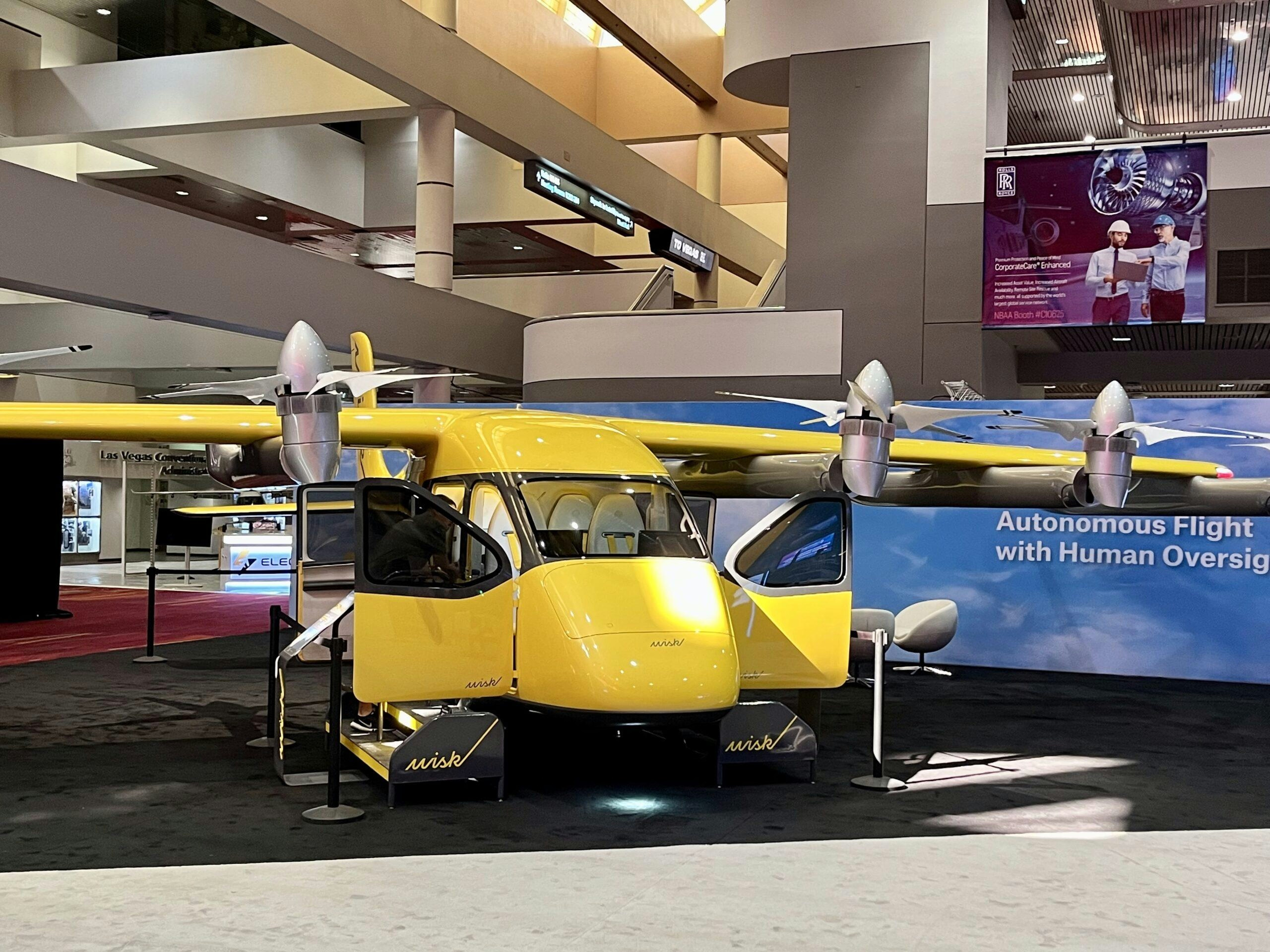
The Future of Aviation in Africa Amid Digital Transformation
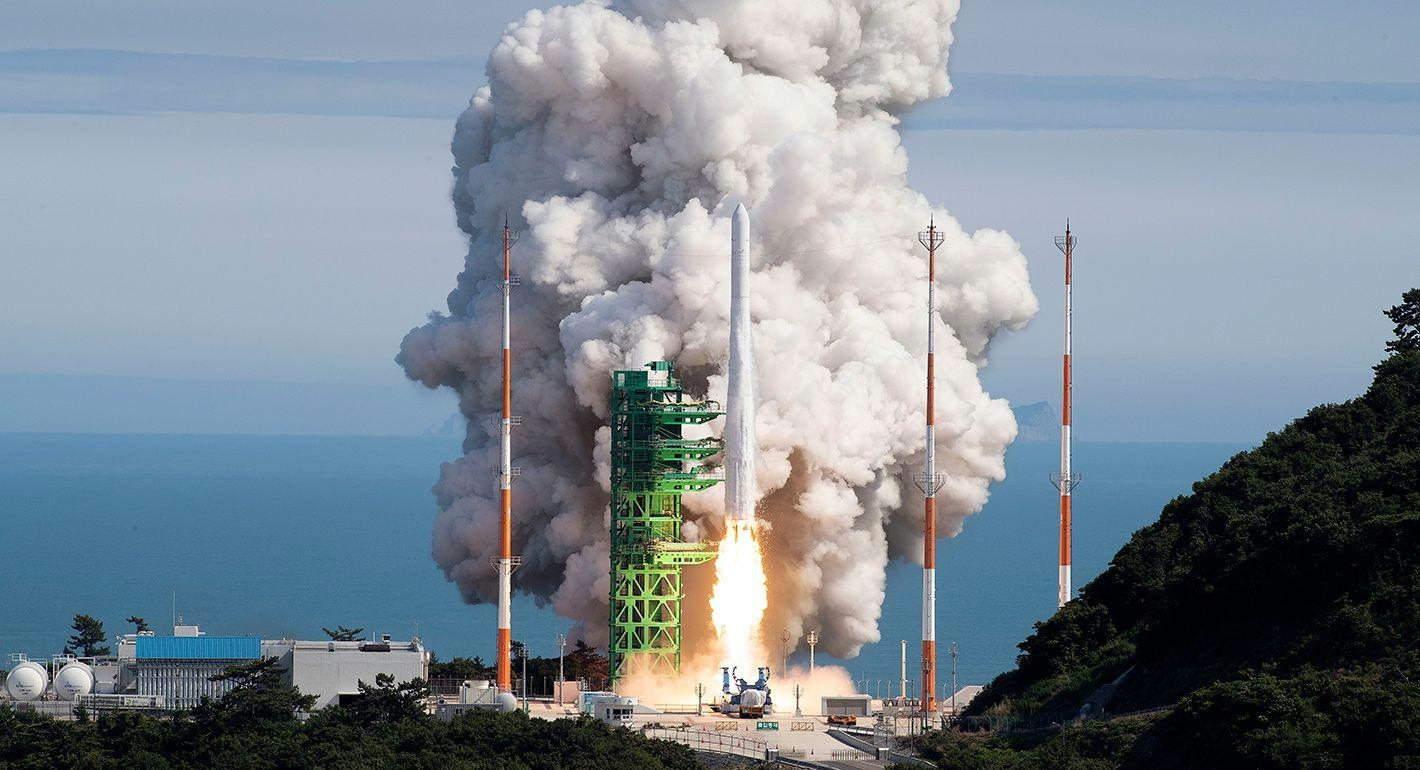
Gyeongnam Province Unveils Mid- to Long-Term Aerospace Industry Roadmap
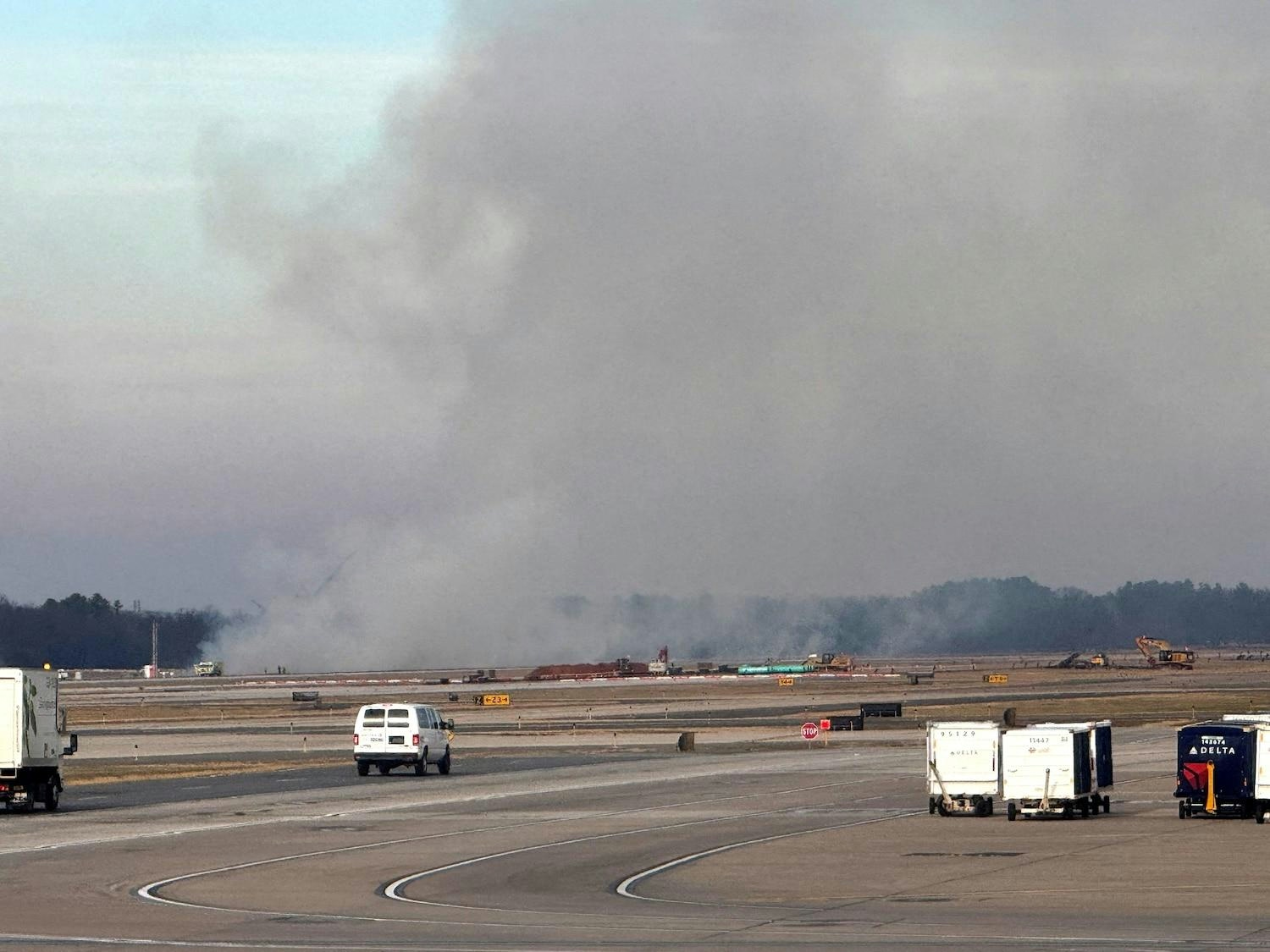
Delta Flight to Atlanta Suffers Engine Trouble, Sparks Grass Fire at Airport
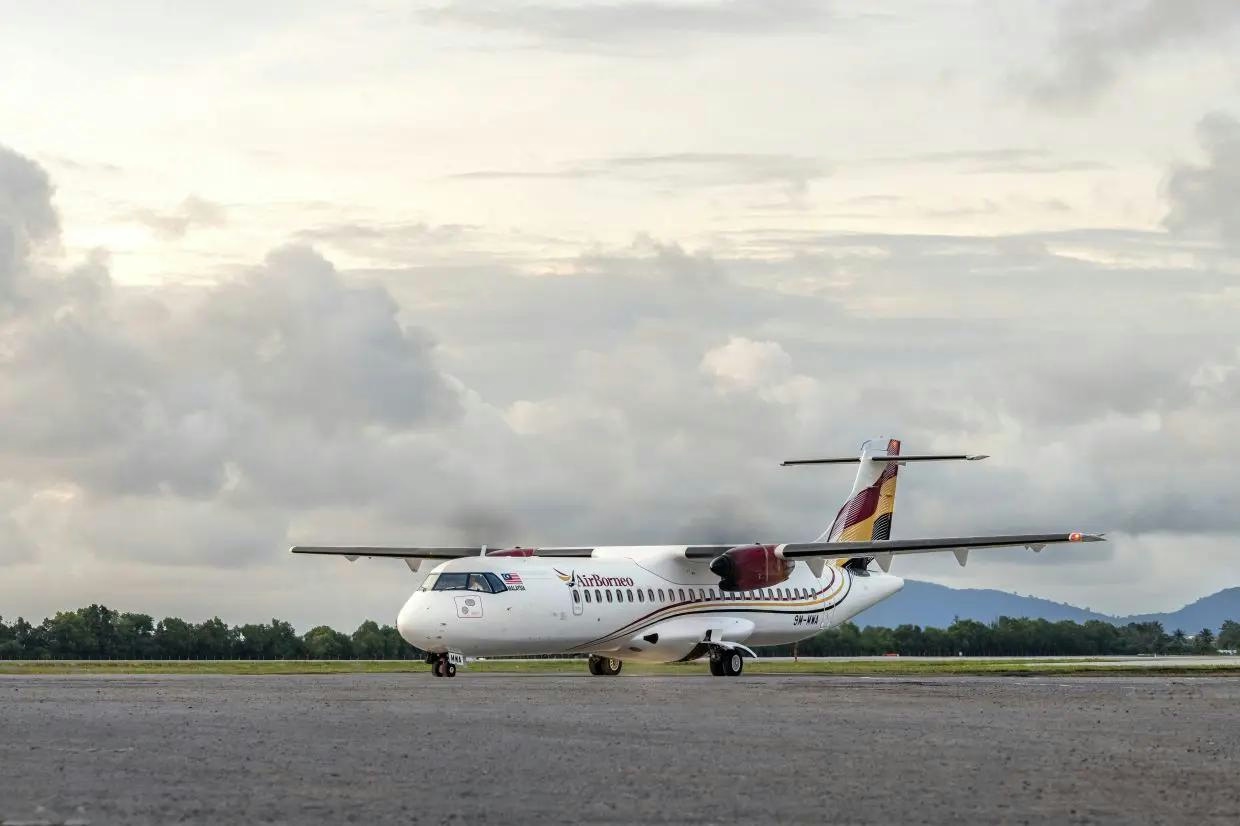
Sarawak's AirBorneo partners with IBM for AI-powered operations

PH Aerospace and MRO Exports Reach $603 Million, Says DTI
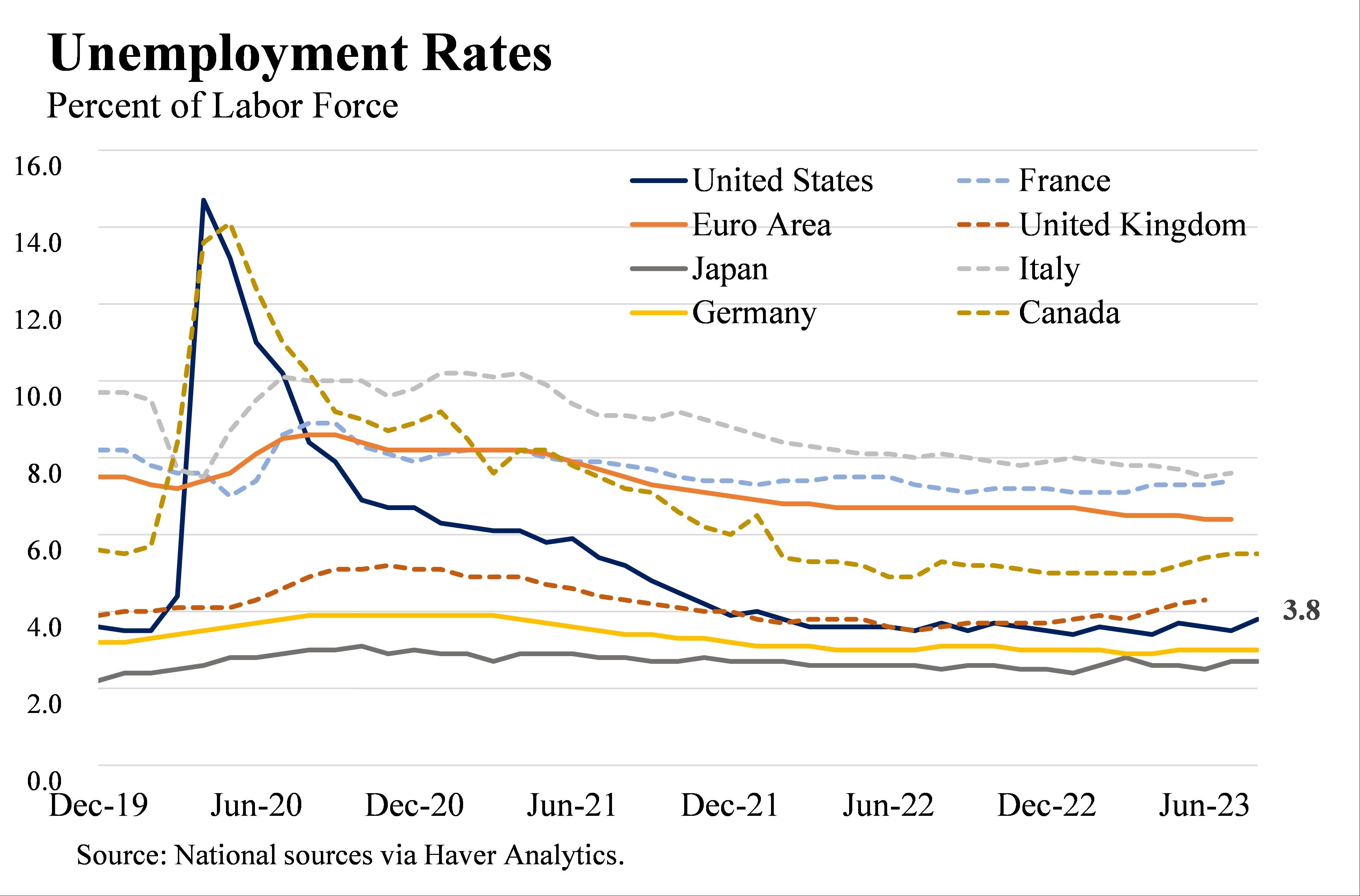
Economic Growth Drivers Show Signs of Slowing
